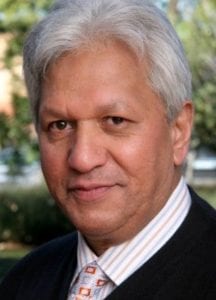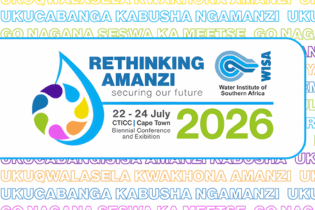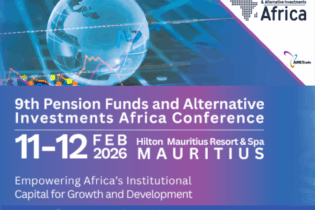On the opening day of the 2013 Public-Private Infrastructure Forum (PPIF) held in Gauteng, Nazir Alli, CEO of South Africa National Road Agency Limited (SANRAL) asked why the rural poor should be expected to pay for the country’s urban highways.
Only 2% of South Africa’s 155 000 km of surface road are currently tolled, including the 210 km falling within the controversial Gauteng Freeway Improvement Programme (GFIP). South Africa has the tenth largest road network in the world, roughly 606 000 km. However, the linkage between rural and urban areas are poor and in some places non-existence. “We need to link the rural areas to foster development,” said Alli. But, insufficient funding and systemic under investment in infrastructure has stalled projects of this nature as well as proper maintenance of existing road infrastructure. Not only do rural areas lack road infrastructure, but if government were to pay for GIFP through an additional fuel levy the inhabitants of these rural areas would be further penalised by having to contribute to a road network that they do not use. “The financial burden should not be theirs to share. More empathic approach, one where the individual is not greater than the sum, should provide a holistic perspective on the user-pay principle,” added Alli. He also stated that, “we need to look at the benefits versus the cost of tolling as well as the cost of society versus the cost of the individual.”
Nazir Alli, CEO of SANRAL, JP Labuschagne, infrastructure and capital projects lead from Deloitte & Touché, and Steven Leeming from PWC fielding questions from delegates at the Public Private Infrastructure Forum
The subject of the Forum is the government’s National Development Plan (NDP) particular with regard to infrastructure development and how the public and private sector can work together more harmoniously to achieve this.
“A toxic gap exists between the private and public sectors and this chiasm of mistrust must be addressed to achieve any kind of success – the NDP serves as a starting block for this,” stated Alli. He also stated that the entire country should rally around the principles of the NDP. However Alli pointed out that there are limited resources for all these ambitious plans, especially since there is a R149 billion backlog for road maintenance alone before the consideration of new projects. Other speakers at the forum included: Lullu Krugel, senior economist at KPMG, who stated that, “Infrastructure spend has a greater social impact on economic growth than other Capex projects. Eleven million jobs could be created by the NDP. If the plan does not exceed, we could lose 500 000 per annum as well as our status as the gateway into Africa.”
Greg Evans, strategic executive in the engineering unit of eThekwini Municipality; Ron Watermeyer, director of Infrastructure Options and Kabelo Ntiisa, manager for infrastructure delivery at cidb fielding questions from PPIF delegates
- The Department of Public Works
- Engineering Council of South Africa
- Institute of Municipal Engineering of Southern Africa
- Consulting Engineers South Africa
- South African Institution of Civil Engineering
- South African Federation of Civil Engineering Contractors, and
- Master Builders South Africa







